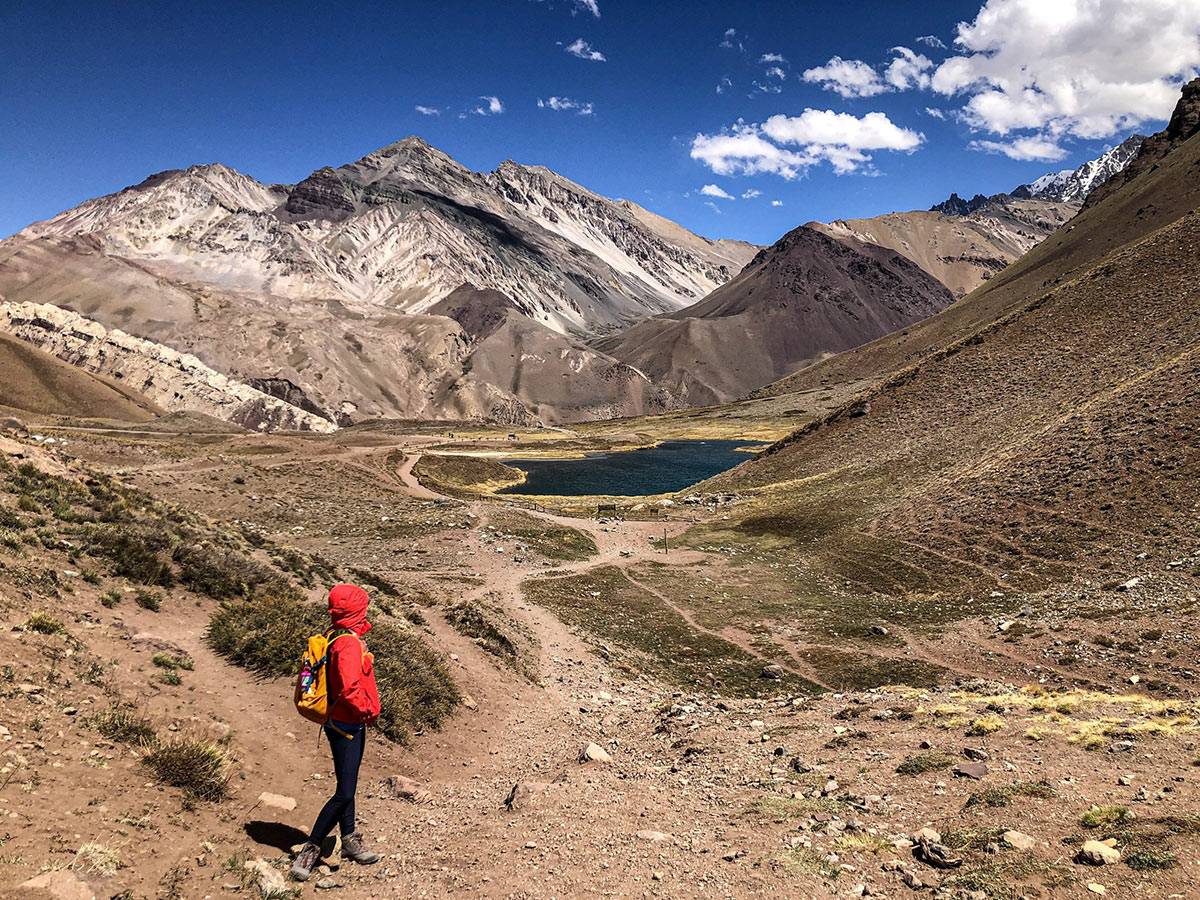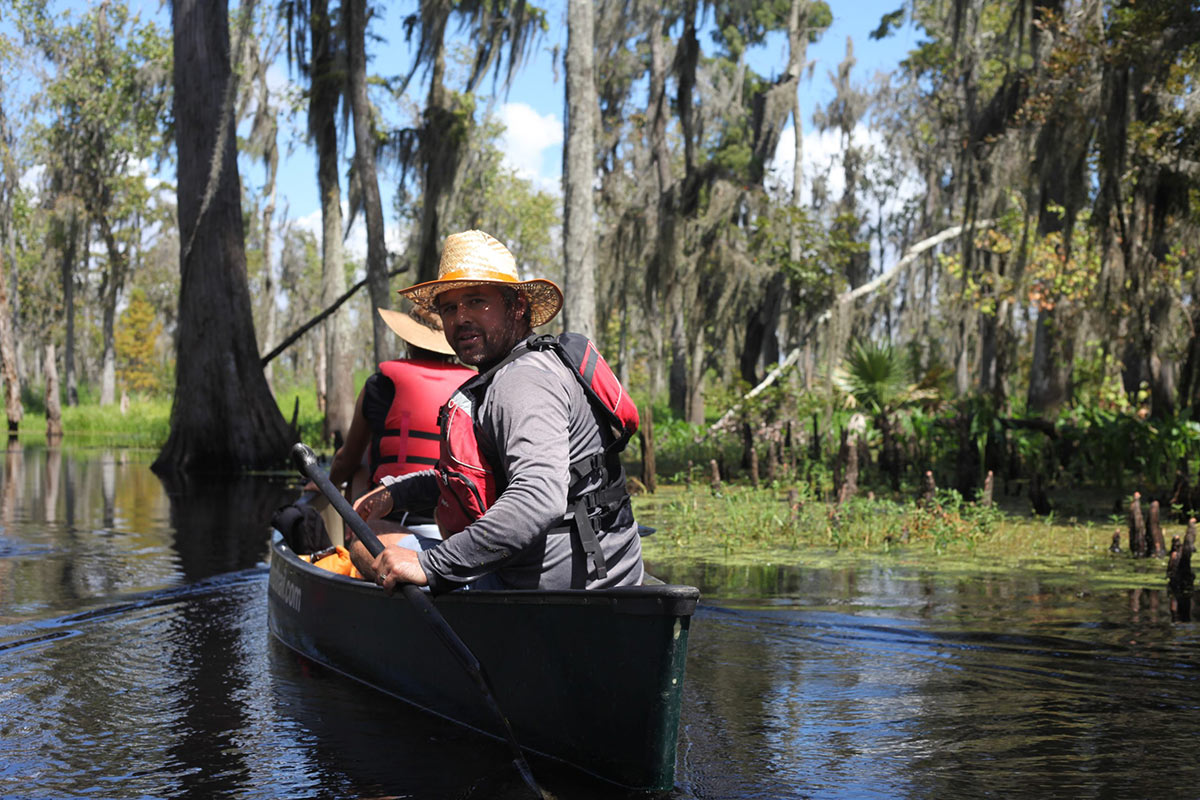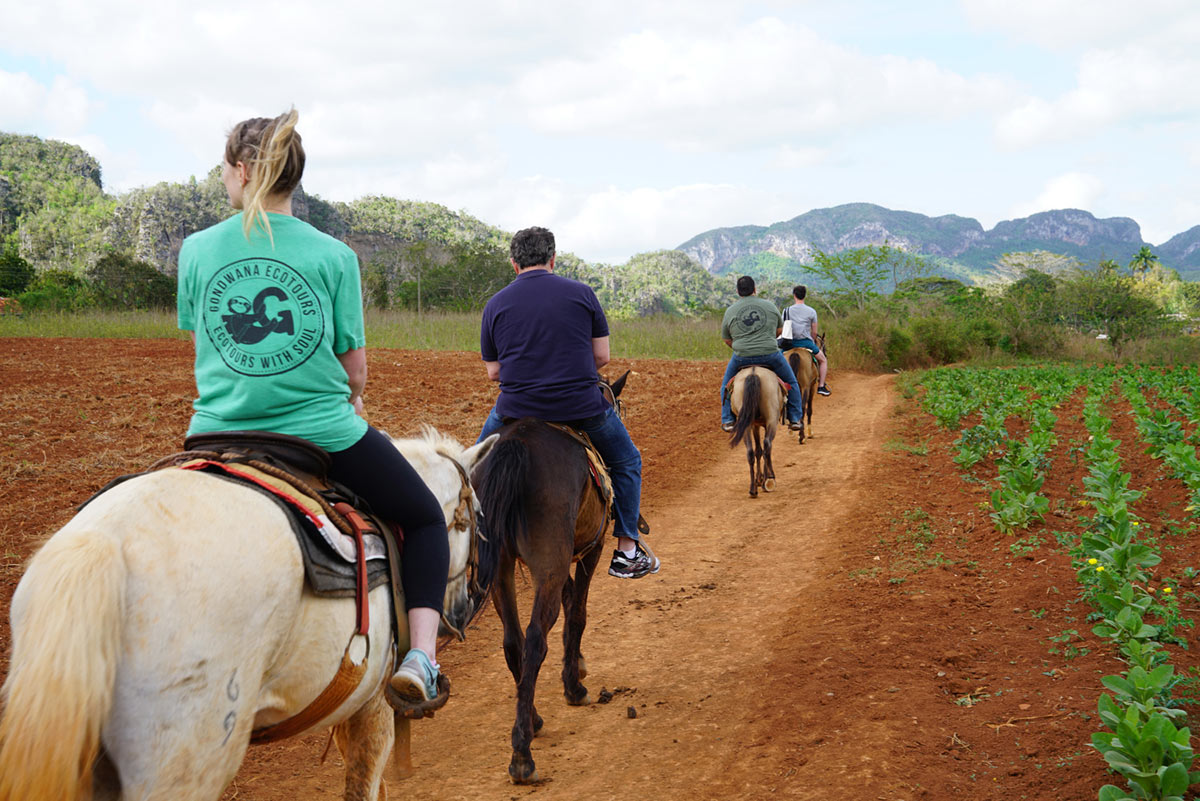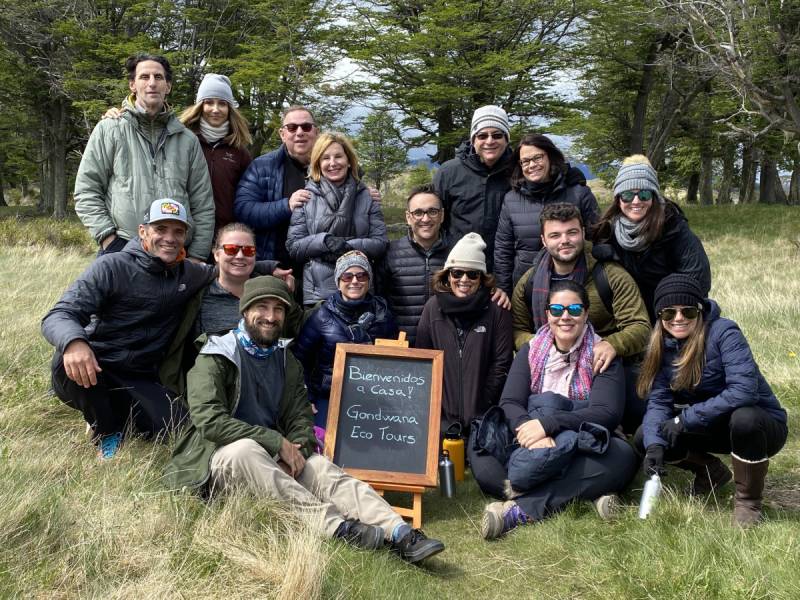We believe that traveling is one of the best things people can do to learn, grow, and gain new experiences. However, we also strongly feel that it’s important to consider traveling with a softer local and global footprint. As tour operators and travelers ourselves, we acknowledge that traveling impacts the environment and that we should all try to leave the smallest possible carbon footprint.
Gondwana Ecotours was founded to offer environmentally-friendly tours, and we are committed to this ethos. We travel responsibly by making eco-friendly choices, working with locally-owned businesses, and supporting local non-profit organizations. Becoming a carbon neutral company is another step we’ve taken towards the path of sustainability.
What Are Carbon Offsets?
Carbon Offsetting is a process that aims to mitigate the release of greenhouse gasses that exacerbate the climate crisis we are currently facing. With carbon offset programs, you as an individual or a company invest money in a project that will reduce future carbon emissions by purchasing carbon credits. These programs vary widely, they can range from projects that plant trees to sequester and store carbon from the atmosphere, to distributing energy-efficient cooking stoves to reduce the amount of greenhouse gasses released from cooking, or capturing methane gas that is released by garbage at landfills. Carbon offsetting does not erase the carbon emitted from human activities, but it does reduce greenhouse gas emissions by other means.

There are many companies that sell carbon offsets, and there are also third party certification bodies who regulate and accredit carbon offset to ensure quality. These checks ensure the programmes that people are investing in are proven to reduce carbon emissions. They also ensure that additionality is reached, which means there is evidence that the carbon storage or sequestration from the programme would not have happened without the carbon offsetting project intervention. Not all organizations who sell carbon offsets are certified however, so it is important to do background research. The projects may differ from one another, but they all should contribute to reducing the overall amount of carbon in the atmosphere.
One carbon credit is equivalent to one ton of carbon either sequestered from the atmosphere or not-released due to the actions of the project. To put this into a real-world example, a 10-hour flight releases about one ton of carbon per passenger. To offset that flight, you would need to purchase one carbon offset credit.
Critics of carbon offsetting feel that the system does not offer an incentive for people and businesses to change their carbon emitting behaviors. Instead of taking action to reduce their carbon footprint, offset credits can be bought to make up for it.
Three Misconceptions About Carbon Offsetting
Though largely without proof critics highlight greenwashing, lack of additionality, and inequity in carbon offsetting. Solutions include transparent sustainability strategies, supporting high-quality projects, and ensuring benefits for local communities, aiming to address concerns while harnessing offsetting’s potential.
- Greenwashing: While it’s true that some companies may use carbon offsetting as a way to appear environmentally responsible without making meaningful changes, it’s essential to recognize that offsetting can still contribute to real emissions reductions when used responsibly alongside genuine emission reduction efforts. Companies that engage in transparent and comprehensive sustainability strategies, including offsetting, can make a positive impact on the environment while building trust with consumers.
- Lack of Additionality: While the concern about additionality is valid, many reputable carbon offset projects undergo rigorous verification processes to ensure that they lead to genuine emissions reductions that would not have happened otherwise. By supporting high-quality offset projects with robust additionality criteria, companies can have confidence that their offset investments are making a tangible difference in the fight against climate change.
- Inequity: While there have been instances where carbon offset projects have inadvertently caused harm to local communities or exacerbated inequalities, it’s essential to acknowledge that well-designed offset projects can provide significant benefits to local communities, including job creation, improved access to clean energy, and biodiversity conservation. By prioritizing projects that prioritize social and environmental co-benefits and involve local stakeholders in decision-making, carbon offsetting can contribute to sustainable development and poverty alleviation while addressing climate change.
 Additionally, there is no federal regulation of companies that sell carbon offsets. Looking for companies that have been certified by independent regulators, like Gold Standard or Green-e, ensures that both the money invested and the carbon offset, is going to make a difference. Without certification, dishonest companies may take advantage of people who are trying to reduce greenhouse gas emissions. Carbon offsets, although great in theory, can be hard to measure and monitor—even those that are certified!
Additionally, there is no federal regulation of companies that sell carbon offsets. Looking for companies that have been certified by independent regulators, like Gold Standard or Green-e, ensures that both the money invested and the carbon offset, is going to make a difference. Without certification, dishonest companies may take advantage of people who are trying to reduce greenhouse gas emissions. Carbon offsets, although great in theory, can be hard to measure and monitor—even those that are certified!
Carbon Pollution Permits
As the threat of climate change continues to grow, people and companies are moving towards innovative solutions to help reduce greenhouse gas levels in the atmosphere. Over time we realized that it is difficult to figure out what impact carbon offsetting projects have, and our research made us aware of the difference between carbon offsetting and carbon neutral programs. After choosing to balance the emissions from our guests’ flights via carbon offsets for 8 years, we were introduced to Cooler’s carbon neutral program.
Cooler buys carbon permits on our behalf in regulated markets in states or regions where emissions are capped by law, including over a dozen U.S. states. Cooler directly competes with industrial polluters for the finite amount of pollution permits. This takes away carbon credits for high polluters, effectively stopping greenhouse gas emissions at the source. Cooler then retires the permits, preventing polluters from using them, reducing emissions permanently, and, with scale, driving up the cost of the permits and thus the cost of polluting.
Ensuring our tours are carbon-neutral is important to us. For the last 8 years we offset the carbon emissions generated by each of our guest’s flights. We recently elected to take this commitment further by neutralizing the carbon from the whole of our tours with Cooler. We collaborated with Cooler to calculate the carbon footprint for the food, accommodation, activities, and transportation of each of our tours. Our tours are now verifiably 100% carbon neutral.
At the end of each Gondwana tour, we report the number of guests who traveled with us and fund Cooler to purchase carbon pollution contracts to neutralize our collective carbon footprint. With Cooler, we’re effectively taking away emissions permits from polluters, and gaining full accountability in the process.
The idea is that over time the scarcity of permits will make it more attractive for big polluters to find more environmental ways to produce their goods, instead of continuing to pollute and relying on the permits. Over the short period that we’ve been part of this program, we’ve seen the prices for the permits increase, which may indicate that it’s working.

Gondwana Ecotours’ View
We recognize that travel has substantial impacts on ecosystems, communities, and economies. We feel that we have a duty to understand these impacts and seek to lessen them. We operate small group tours because we want to provide an incredible, personalized experience, but with an ever-decreasing impact on the remote and beautiful places that we visit. We support local businesses, use locally owned lodges whenever possible, and strive to continue to look for ways to operate environmentally-friendly, sustainable tours. Contributing to the local economy is essential in responsible tourism. Our aim is to preserve the places we visit for the enjoyment of future generations by being proactive and through stewardship. We engage in conservation via educational opportunities and trip activities.
None of these efforts would be possible without our guests who choose to travel with us. We are so grateful to every Gondwana guest who takes part in positively impacting the destinations we travel to and extend a heartfelt thank you to each and every traveler
In addition to operating carbon neutral tours, we’re also certified by Green America and Adventure Green Alaska, and we are members of the International Ecotourism Society and Responsible Travel.
We are very proud of the environmental commitments we have made, but we are not done with our efforts and are always looking for ways to make our ecotours even more sustainable in all aspects. We are always striving to learn more and do better, both on our tours, and in the overall running of our business. In the meantime, we’re proud and committed to being a certifiable carbon neutral tour operator.
Read more about Earth’s critical lifeline and save the rainforest- again. Explore the intricate web of biodiversity that relies on the rainforest’s protection for survival.


